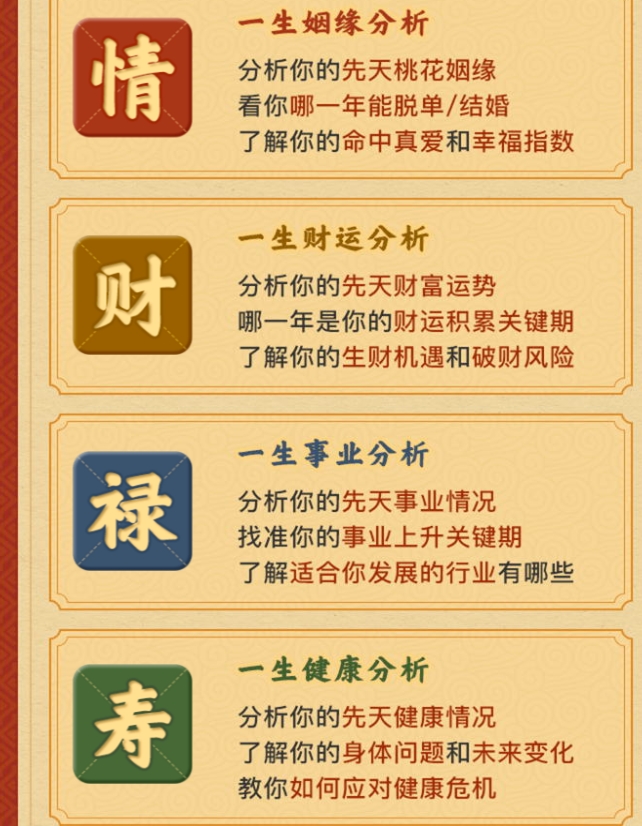The Ultimate Guide to Phone Number Lookup and Secret Admirer Identification
Have you ever received a mysterious call from an unknown number and wondered who's trying to reach you? In our digitally connected world, phone number lookup services have become essential tools for personal safety and social navigation. This comprehensive guide will walk you through everything you need to know about reverse phone searches and even reveal how to determine if that unknown caller might be a secret admirer.
Reverse phone lookup allows you to identify the owner of a phone number when you only have the digits. These services work by accessing vast databases that aggregate public records, social media profiles, and other legally obtained information. The accuracy of results depends on several factors including whether the number is landline or mobile, listed or unlisted, and how recently the information was updated. Most services can provide:
Legitimate reverse phone lookup providers operate within strict legal boundaries. They cannot access private cellular account details protected by telecommunications privacy laws. Instead, they compile information from sources like:
When you notice repeated calls from an unknown number that hang up or have long silences, you might be dealing with a secret admirer rather than a telemarketer. These callers often exhibit distinct behavioral patterns that differ from random wrong numbers or scam calls. Some telltale signs include:
This behavior stems from a mix of romantic interest and social anxiety. The caller wants to hear your voice but fears rejection, creating this push-pull dynamic. Research in interpersonal communication shows that such call patterns often precede more direct romantic advances once the caller builds confidence. The anonymity provides safety while allowing emotional connection.

When you need to identify a mysterious number, follow this systematic approach to maximize your chances of success while protecting your privacy:
For numbers that resist standard lookup methods, try these professional investigator-approved techniques. Perform a number neighbor search by incrementing and decrementing the last digit to find related numbers. Check area code migration patterns people often keep numbers when moving. Search for the number in quotation marks across multiple search engines to find obscure references.
While curiosity is natural, it's crucial to balance investigation with respect for privacy. The same tools that help identify secret admirers can be misused for stalking or harassment. Always consider:
Certain situations warrant professional intervention rather than personal investigation. If calls contain threats, occur at all hours, or make you feel unsafe, contact your phone carrier's security department and local law enforcement. Document everything before reporting as evidence. Most carriers have sophisticated tools to trace harassing calls that go beyond consumer lookup services.

Understanding the difference between a shy admirer and a potential threat can help you respond appropriately. Romantic callers typically show restraint and respect boundaries, while threatening callers escalate their behavior. Consider these contrasting patterns:
Anonymous romantic communication varies significantly across cultures. In some societies, secret admirer calls are considered charming and romantic, while others view them as intrusive. Research from the Journal of Cross-Cultural Psychology shows that collectivist cultures tend to have more tolerance for indirect romantic gestures than individualist cultures. These differences affect both caller behavior and how recipients interpret the calls.
Today's digital landscape offers more transparent ways for shy admirers to express interest without anonymous calls. Social media features like Instagram story replies or Facebook poke functions provide low-pressure interaction options. Dating apps with mutual match requirements eliminate one-sided attraction scenarios. These platforms satisfy the same psychological needs while reducing anxiety for both parties.
Being the recipient of secret admirer calls creates a complex emotional response. The uncertainty triggers both excitement and anxiety as the brain tries to resolve the ambiguity. Clinical psychologists note this activates the same neural pathways as gambling anticipation. Some people find it flattering while others experience stress from the lack of control. Your reaction depends largely on personal history with boundaries and previous romantic experiences.

If unidentified calls become distressing, implement these coping mechanisms. Set specific times when you allow unknown calls to go to voicemail. Create a decision tree for how you'll respond based on call frequency and timing. Practice grounding techniques if a call triggers anxiety. Remember you always have the right to block numbers that make you uncomfortable, regardless of the caller's intentions.
The field of caller identification is evolving rapidly with artificial intelligence and big data analytics. Emerging technologies promise to make number lookup more accurate while better protecting privacy. Some developments on the horizon include real-time caller intent analysis, deeper social graph integration, and blockchain-based verification systems. These advances may eventually make today's lookup services seem primitive while presenting new ethical challenges.
As we navigate an increasingly connected world, understanding the tools and techniques for identifying unknown callers becomes both practical and socially valuable. Whether you're curious about a potential secret admirer or simply want to screen unknown numbers, approaching the situation with knowledge, caution, and respect leads to the best outcomes for everyone involved.